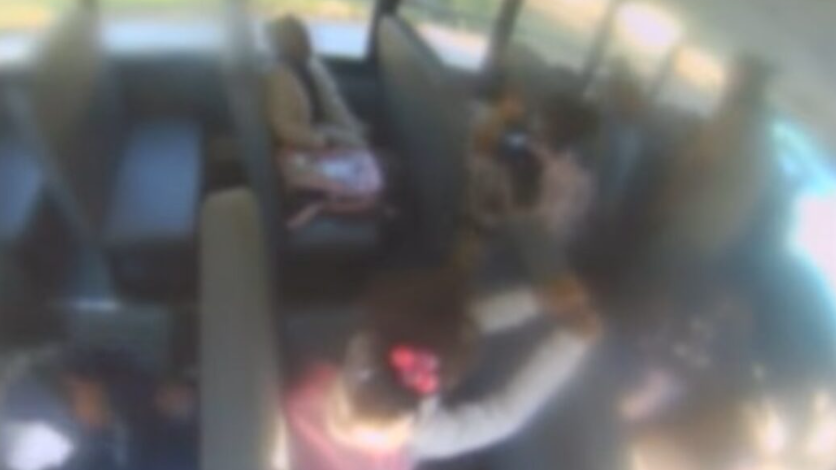When a Dad Steps In: Ferguson’s Bus Fight and What It Says About Our Schools
- Parents are losing faith in schools that fail to stop bullying.
- Maurice Fox acted out of desperation to protect his six-year-old daughter.
- The reaction from prosecutors and media highlights a clash over accountability.
- This case points to broader policy failures on discipline and safety.
The footage out of Ferguson, Missouri, shocked parents because it shows a system that repeatedly failed a child. Maurice Fox boarded a school bus and became the last line of defense for his six-year-old after administrators ignored ongoing bullying. That reality has many families asking whether they can trust institutions to keep kids safe.
Fox’s confrontation came after what he says were exhausted options and empty promises from the school. His words were straightforward and visceral: “Don’t put your hands on my daughter anymore.” He then warned the other child’s parents: “If I find out you’re touching her again, your parents will have to talk to me.”
The surveillance transcript paints a painful picture of a parent pushed to the edge while trying to teach his child to stand up. Fox: “Do what I told you to do.”
Fox: “Remember what I told you.”
[After his daughter pauses during the altercation]
Fox: “Again.”
Fox: “Again, I want her crying.”
[After several more punches]
Fox: “Let’s go.”
Many Americans see the grim logic here: when officials abdicate, parents must protect their children by any means necessary. Fox summed up that frustration plainly online: “It wasn’t an easy decision. But it was the only thing that finally stopped the other child from continuing to hurt her.” He added, “I felt I had no other choice as a parent. My only intention was to protect my child and empower her in a world that hasn’t protected her.”
Prosecutors responded with charges instead of addressing why the bullying continued unanswered. St. Louis County Prosecutor Melissa Price Smith responded with the kind of tone-deaf, out-of-touch rhetoric we have come to expect from the entrenched bureaucracy. “What kind of world do we live in if we teach our children to resolve conflict through violence?” Smith pontificated.
This case is not just about one father and one bus fight; it is a snapshot of policy choices that favor process over protection. The charges—felony harassment and misdemeanor assault—feel to many like punishment for stepping in where the system failed. If communities want safer schools, they need clear discipline, parental rights, and leaders who back law and order instead of reflexive condemnation.
At its core this story asks a simple question: who will stand up for kids when institutions won’t? For millions of parents the answer is obvious and painful—sometimes you have to be both parent and protector. That reality should force a national conversation about accountability, safety, and whose side our schools are really on.


Leave a Comment